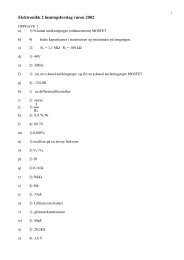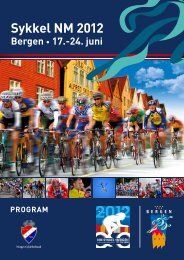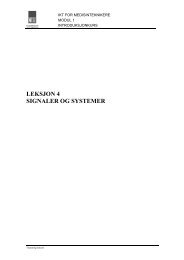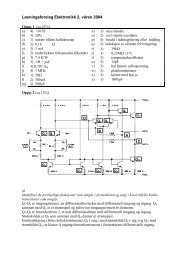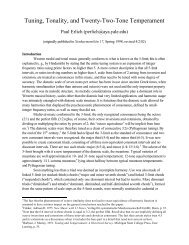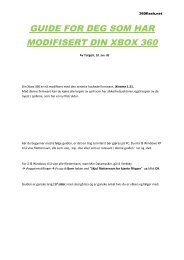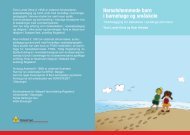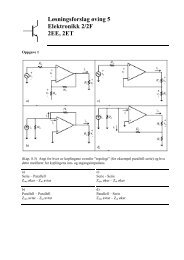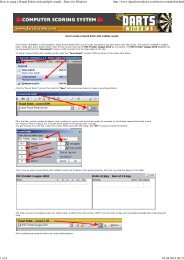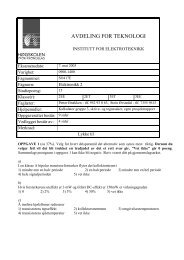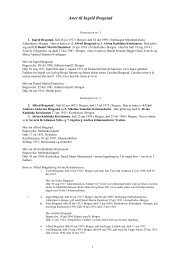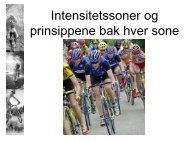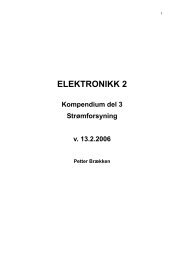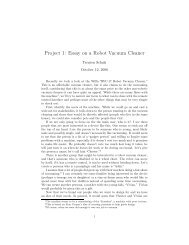The Online World resources handbook
The Online World resources handbook
The Online World resources handbook
You also want an ePaper? Increase the reach of your titles
YUMPU automatically turns print PDFs into web optimized ePapers that Google loves.
You pay little for a lot! http://home.eunet.no/~presno/bok/15.html<br />
<strong>The</strong> <strong>Online</strong> <strong>World</strong> <strong>resources</strong> <strong>handbook</strong><br />
Chapter 15:<br />
You pay little for a lot!<br />
[INDEX] [Expanded Index] [Search] [NEXT] [BACK]<br />
&DOFXODWLQJ FRVWV<br />
When you pay by the minute<br />
Example: <strong>World</strong> Wide Web<br />
Items to consider<br />
Pauses, delays and bottlenecks<br />
Planning and self discipline pays off<br />
Modem speed and cost<br />
More practical hints<br />
Calculating costs<br />
Some years ago, a person living in Norway could read up to twenty six pages of news<br />
from Associated Press (the US) and Financial Times (England) for about US$0.38. At<br />
the time, this was very cheap.<br />
<strong>The</strong> trick was to dial long distance to a 9600 bps node in Sweden when the<br />
telephone company and CompuServe's non prime time rates were in effect. 9600 bps<br />
gave transfers at up to 960 characters of text per second. One page of text (size A4) held<br />
around 2200 characters. A typical news story had one to two pages of text.<br />
Reading exactly the same news through another network or service would cost 300<br />
percent more. Through yet another online service, the cost would double again.<br />
A full issue of the Newsbytes newsletter was at around 150,000 characters, or 68<br />
pages of text. Retrieving it from a local BBS used to cost me around 29 cents. Retrieving<br />
it from CompuServe set me back 500 percent more. On old NewsNet, at 2400 bps<br />
through Datapak, the cost increased by another US$30.00.<br />
<strong>The</strong> time of day was important. Some services had different rates for access during<br />
the day, the evening, and the weekend. Also, it would take much longer when network<br />
traffic was high, resulting in an increased cost per page received.<br />
Today, these costs are indeed much lower for many!<br />
<strong>The</strong> online news scene has changed considerably. Many users can read almost all<br />
the news they want for free via the Internet. <strong>The</strong> retrieval speeds are much higher. <strong>The</strong><br />
number of sources for news is staggering.<br />
However, in some countries, reading news is still expensive. Users pay big money<br />
for accessing the Internet, using the phone for communications, and buying modems.<br />
In many places, getting connected to the Internet at high speed is limited, or<br />
outright impossible. Low capacity links connects the local Internet providers to the<br />
global Internet. <strong>The</strong> result is further decreases in actual news retrieval speeds.<br />
1 of 6 23.11.2009 15:49



